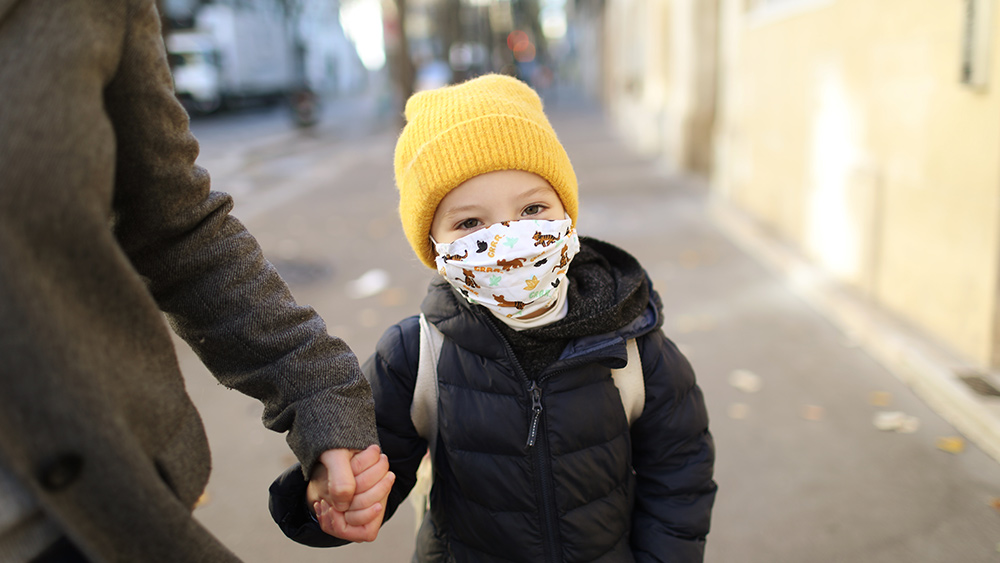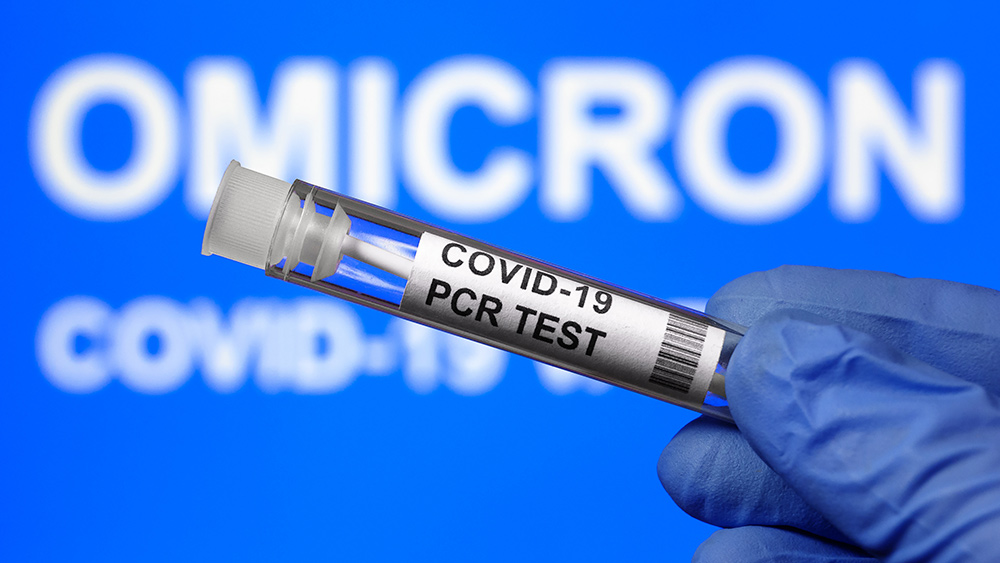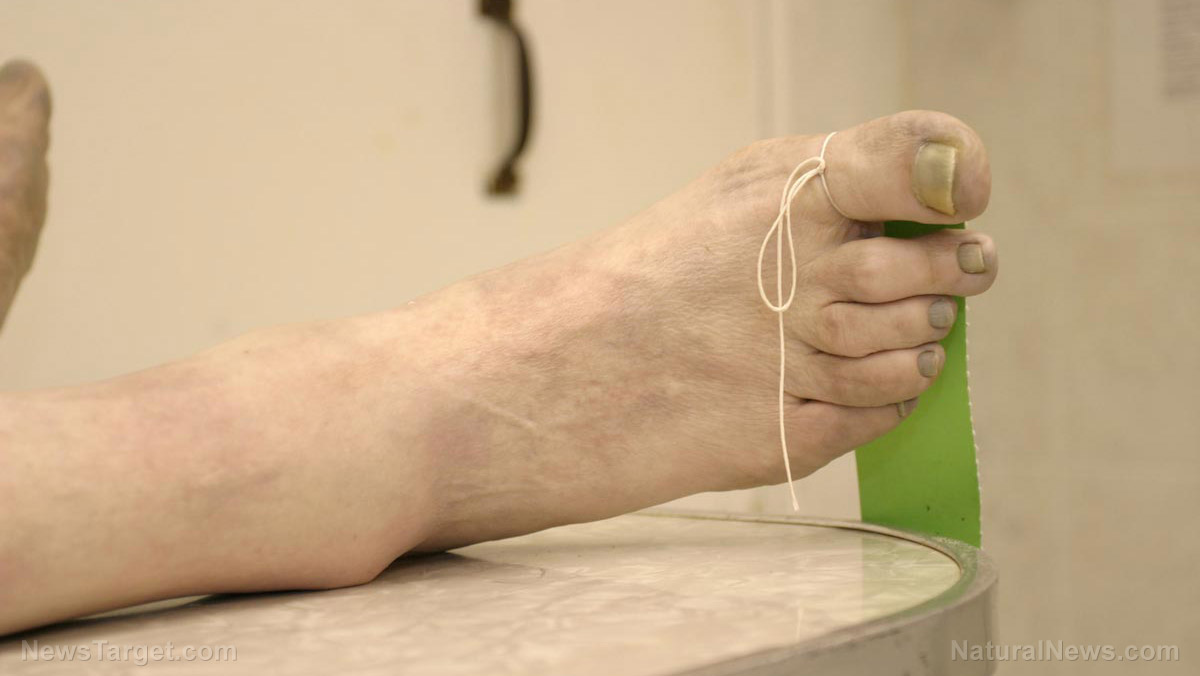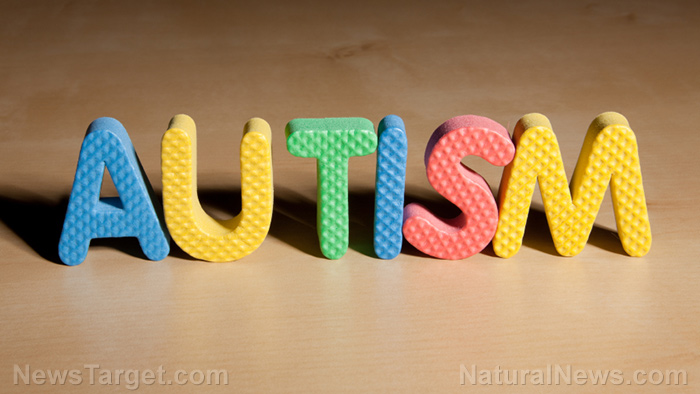Yale professor scoffs at the idea that mask mandates are based on science
06/17/2022 / By Mary Villareal

Dr. Harvey Risch, a professor of epidemiology at Yale University, scoffed at the idea that mask mandates are based on science.
“To understand science, you have to go back to the evidential studies that bear on your theories about how things work,” Risch said on the June 15 episode of “Refounding America” with Dr. Peter Breggin.
He explained that being told masks work is not a science.
“Reading original studies on whether or not masks work – whether by reducing the spread to other people or protecting those that wear them – allows people to decide whether or not they’re done validly and whether the conclusions are appropriate,” he said. “We’ve been told what science was without actually being told the science itself. That’s not science, that’s plausibility.” (Related: Public health expert reveals the FDA and Fauci’s shocking plot to bury hydroxychloroquine as potential COVID-19 cure.)
We need science to address COVID, not plausibility
Risch continued: “So when you think that if you put a mask over your face, it’s going to block what goes in – that’s plausibility. The science is going and testing it in conditions that it would be normally used by the people who would normally use it at the risks they normally face, with the particles that are the ones in question and then doing all the relevant measurements.”
He also explained that testing masks in specific conditions of the Wuhan coronavirus (COVID-19) have not been done, so nothing amounts to much. Even when considering studies about influenza and other viruses and particles around the size of the SARS-CoV-2 virus, they are not usually waterborne and the droplets don’t allow masks to do very much. (Related: Vaccine-pimping US Surgeon General proclaims Americans have “no right” to spread “disinformation,” which means anything the regime doesn’t like.)
“They don’t reduce the spread, and they don’t much protect the wearer in the masks that are normally worn.”
Risch explained that there is a plausibility of masks protecting individuals because they are worn over the nose and mouth. However, this plausibility may be overwritten by actual empirical data that scientists and researchers have to study and draw conclusions from.
He went on to explain that social distancing and lockdowns, in the same way, are empirical observations and are merely plausible.
It is plausible that locking people down can limit the spread of the virus inside the house. However, once lockdowns end, those who didn’t gain immunity have become sponges that are waiting to receive the virus that then began rotating when homes and businesses open once more. This means that lockdowns don’t really solve the problems of viral spreading in a population.
Early treatment with hydroxychloroquine effective against COVID-19
Another issue that Risch brought up is the use of hydroxychloroquine.
Early treatments for COVID-19, around March and April 2020, involved hydroxychloroquine. And there had been a very clear association between the use of hydroxychloroquine in the first few days of interaction with the virus to a reduced risk of hospitalization and death.
There had been a 75 percent reduced mortality in people who got hydroxychloroquine and a 50 percent reduction in hospitalizations, as per studies.
In his study published in the American Journal of Epidemiology, Risch asserted that there is a stronger benefit for hydroxychloroquine plus azithromycin when started earlier, compared to the then-standard of care. He also cited data from COVID protocol innovator Vladimir Zelenko, who made headlines during the pandemic.
Risch cited data from Zelenko on 405 outpatients who were treated with hydroxychloroquine, azithromycin and zinc. Of these patients, six were hospitalized and only two died.
On the topic of vaccines, Risch admitted to not being an expert on the matter. But he said that the vaccine benefit, as people have learned, is relatively short-lived.
“The efficacy in reducing severe disease, hospitalization, mortality may last longer. So there’s still some potential benefit. But we’ve also seen a very large amount of adverse events and mortality with these vaccines that have to be reckoned with in the decisions to use them.”
Follow Pandemic.news for news related to the COVID-19 pandemic.
Watch the video below to learn more about Harvey Risch’s research on COVID-19.
This video is from the Peter R. Breggin, MD channel on Brighteon.com.
More related stories:
Sources include:
Submit a correction >>
Tagged Under:
alternative medicine, COVID protocols, covid-19, early treatment, face masks, Harvey Risch, health freedom, hydroxychloroquine, infections, mask mandate, medical fascism, Medical Tyranny, outbreak, pandemic, rational, skeptics, Vladimir Zelenko
This article may contain statements that reflect the opinion of the author




















